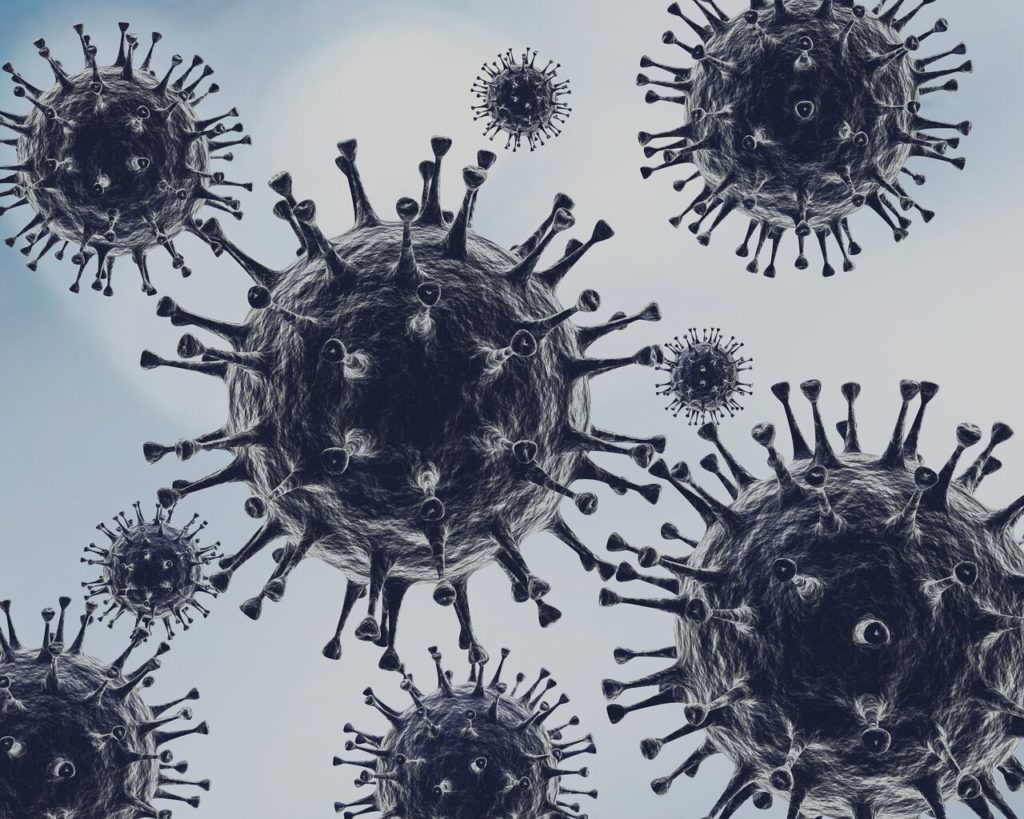SOUTH Africa has recorded its first case of a new Covid-19 variant, Eris, with the South African Medical Association (SAMA) cautioning the strain may likely cause severe symptoms for the immune-compromised and people over 65 who are not vaccinated.
National Health Department spokesperson Foster Mohale confirmed the first case of Eris has been found in a test sample taken recently in Gauteng. Scientists at the World Health Organisation (WHO) officially started tracking the EG.5.1 variant, commonly known as Eris, a few weeks ago, earning the classification of a “variant of interest”.
The novel strain of the Covid-19 virus shares a lineage with the Omicron subvariant known as XBB.1.9.2 and has started popping up in various countries, including the United Kingdom, China, and the United States.
The WHO noted, while the variant displays traits such as heightened prevalence, growth advantages and immune evasion properties, there is no reported escalation in disease severity to date. The WHO’s technical lead, Maria van Kerkhove, said Eris had a higher growth rate than Omicron.
“In terms of its behaviour, we do not detect an increase in severity.” She said they were seeing “im[1]mune escape”, which indicated a higher risk of reinfection for either those who were vaccinated or those who were infected with one of the other variants. Eris showed up in the United States with two new symptoms — nausea and diarrhoea.
SAMA chairperson Mvuyisi Mzukwa said Eris could have severe effects on older people. “The reason there is a resurgence now could be a winding down of the previous immunity obtained from the vaccine, that people have abandoned public health measures of prevention, and the winding down of natural immunity and travelling in and out of the country. Mzukwa recommended the wearing of masks and social distancing going forward.
“The government should be encouraging citizens who are at high risk to vaccinate and prevent infection and there should be continuous public messaging on how to avoid infection,” Mzukwa. Earlier this month, it was report[1]ed that in the relatively short span of time since its detection in the UK at the end of May, it has also become the second-most common strain of the coronavirus in the country after Arcturus. The United Kingdom Health Security Agency (UKHSA) said Eris already makes up one in seven new cases.
According to My London, Eris is also spreading rapidly across Europe, Asia and North America. Japan said it is seeing a “ninth wave” of Covid infections. Experts have been speculating that the “Barbenheimer effect”, the social media frenzy around the concurrent release of Barbie and Oppenheimer on July 21, may have been playing a role in the rise of infections in the UK.
Professor Lawrence Young, a virologist at Warwick University, told the Mail Online that “increased cinema attendance” and “more indoor mixing” due to bad weather, as well as waning immunity from previous vaccinations or infections, may have contributed. Globally, Eris accounts for around 20 percent of Covid sequences in Asia, 10 percent of sequences from Europe, and seven percent in North America. — The Citizen
